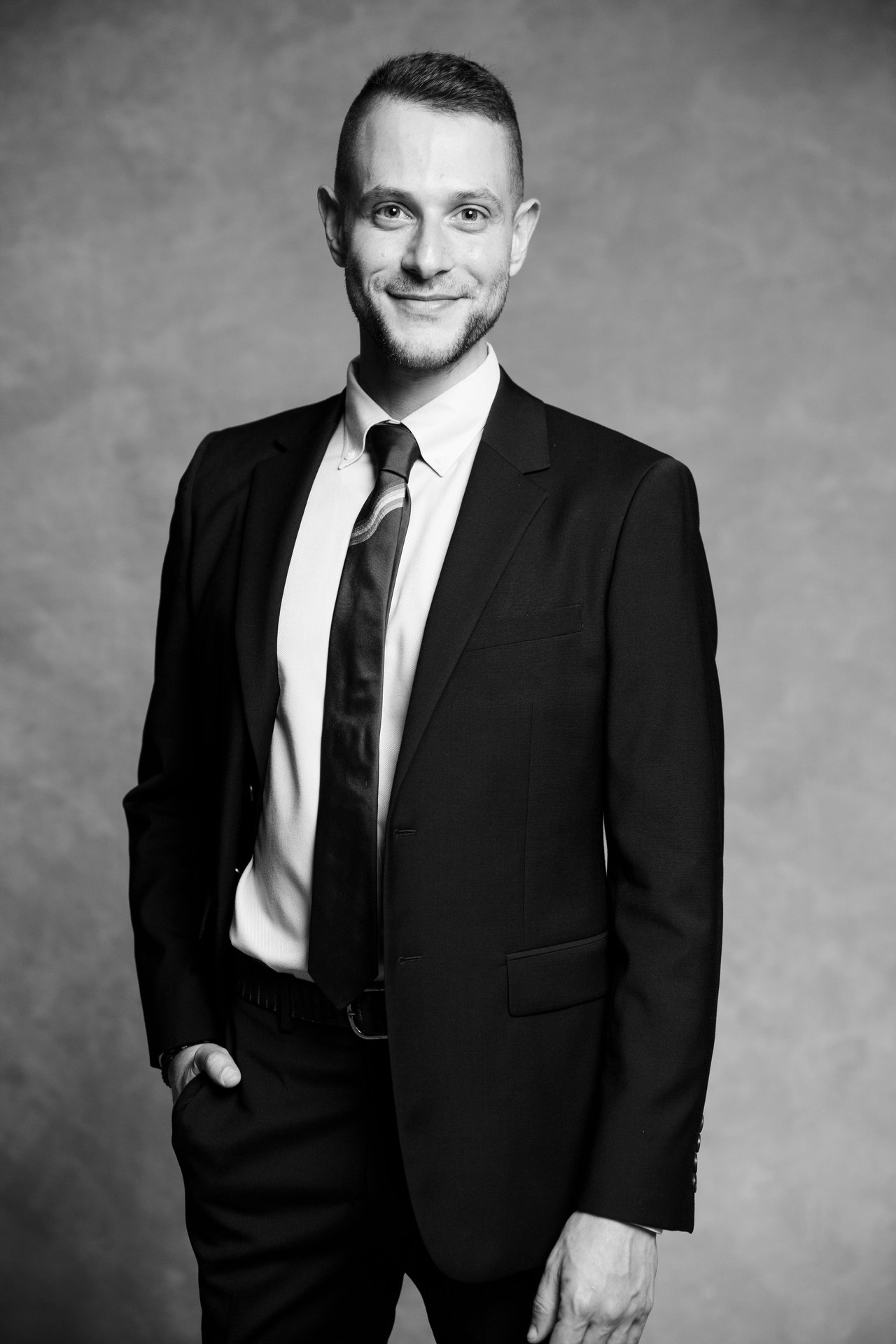Founded in 2002 by Carl Siciliano in memory of a gender-nonconfirming youth tragically murdered five years before, The Ali Forney Center’s mission is “to protect LGBTQ+ youth from the harms of homelessness and empower them with the tools needed to live independently.”
In its two decades, it has become the largest agency dedicated to LGBTQ+ homeless youths in the U.S. and assists 2,000 youth per year with 70,000 meals, medical and mental health services, and more.
Last month, the Center hosted its annual fundraiser, A Place at the Table, at Cipriani Wall Street, which was hosted by Angelica Ross. Several designers, including Christian Cowan, Willy Chavarria, and Jackson Wiederhoeft, were invited to join the special evening.
“Attending the Ali Forney Center Gala was an incredible opportunity to connect with my community and be inspired by our commitment to bettering the lives and experiences of our entire community,” said Jameel Mohammed of KHIRY. “I felt incredibly inspired to get involved directly and I look forward to working to benefit the center in the future.”
In time for Pride, we checked in with the Center’s Director of Development Zachary Cohen about the mission and how fashion can help.
Tell us about the Ali Forney Center, its history and its mission.
The Ali Forney Center (AFC) was founded in 2002 at a time when no other agency was supporting homeless LGBTQ young people. These young people, primarily people of color, were being left to die in the streets. AFC began with 6 cots in the basement of a church offering and has grown to a full service agency serving over 2,000 homeless LGBTQ young people per year.
How significant is the homelessness problem among LGBTQ youth and what does the center do address it and help?
There are an estimated 4,000 homeless young people in New York City with approximately 40 percent of these individuals identifying as LGBTQ. This is particularly notable since AFC serves over 2,000 homeless LGBTQ young people a year.
The clients of AFC are in need of shelter and support due to their families rejecting them due to their sexual orientation and gender identity. These young people are homeless due to homophobia and transphobia. The trauma of family rejection underpins their hardship and exacerbates the emotional implications of their homelessness. Therefore, beyond providing meals, beds, medical and mental health services, we also provide direction, support and encouragement. Our residences are home like environments where these incredible young people are able to build independent lives.
What are some of the other issues continuing to impact the lives of LGBTQ youth today.
It is hard to believe that 50 percent of AFC’s clients are from New York. While New York remains a bastion of liberalism, there is still deeply rooted homophobia and transphobia, even in our own backyard. As the nation debates issues related to our community, the victims of these debates are often those who are the most vulnerable.
Of course, this struggle occurs within the broader social movements of our time. 90 percent of the clients of AFC are people of color. The issues regarding racial equity, homophobia and transphobia are all intertwined.
You recently hosted the A Place at the Table Gala. Describe the purpose of the evening.
A Place at the Table is an opportunity to celebrate the generous individuals, companies and community leaders who make our work possible. The event is always very focused on the work of the agency and tells the story of a graduate of the program. Showing the direct impact that the work has on the lives of real people is profound.
Plus it is always incredible fun where there are so many incredible LGBTQ leaders in one place. Magic was definitely occurring.
What, in your view, was the highlight of the evening.
A Place at the Table officially sold out in 2022 and raised more than $1.4 million — all going directly to AFC services. This is the first time that we have sold the event out and welcomed 1,000 of our top supporters to Cipirani Wall Street for the celebration. The highlight was seeing connections between our incredible supporters. Be it business leaders including many from the CFDA, individual supporters, community leaders, partner organizations, or graduates of our program- having so many people within the AFC in the same room was inspiring. Conversations that took place within that room will inevitably bring meaningful change for our clients.
Also, having Isis King, a former client, then board member, then APAT honoree introduce Terence Edgerson, a former client, then board member and current APAT honoree was very emotional.
How can the fashion industry best help the LGBTQ community?
The clients of AFC are all too often overlooked. The biggest and best way to help, and so many have and continue to volunteer and donate to help provide services, are collaborations and partnerships —ways that a brand can work with AFC and its clients with a designed product and portion of sales going back to AFC. One such partnership opportunity is our new Welcome Home Capital Program. This is an individual donor capital program AFC has just launched that will help us to fully purchase a property that will be a safe and loving housing site for our TGNC clients. Our biggest awareness and monies come from the Fashion Industry partnerships and collaborations, we welcome them with the love.



